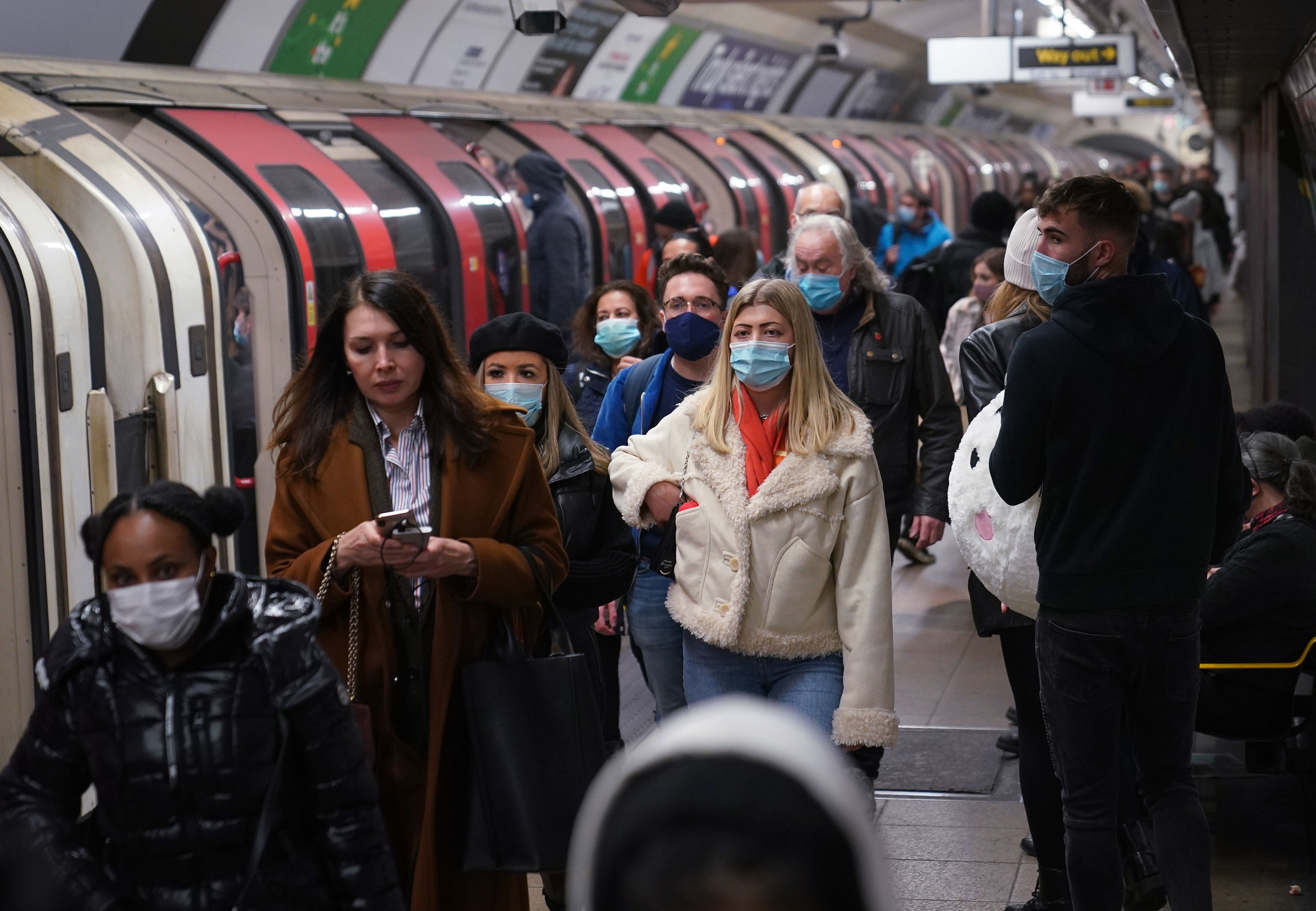Top Covid symptom is ‘sore throat’, says latest data
Infection rate now diminished after peaking during July heatwave but fears of new autumn wave persist
Your support helps us to tell the story
From reproductive rights to climate change to Big Tech, The Independent is on the ground when the story is developing. Whether it's investigating the financials of Elon Musk's pro-Trump PAC or producing our latest documentary, 'The A Word', which shines a light on the American women fighting for reproductive rights, we know how important it is to parse out the facts from the messaging.
At such a critical moment in US history, we need reporters on the ground. Your donation allows us to keep sending journalists to speak to both sides of the story.
The Independent is trusted by Americans across the entire political spectrum. And unlike many other quality news outlets, we choose not to lock Americans out of our reporting and analysis with paywalls. We believe quality journalism should be available to everyone, paid for by those who can afford it.
Your support makes all the difference.Covid-19 infections in the UK saw a 43 per cent spike at the beginning of June, seemingly caused by people coming together to celebrate the late Queen’s platinum jubilee over the course of a four-day weekend.
Driven by the BA.4 and BA.5 sub-variants of Omicron – the strain that spread so rapidly across the UK in December 2021 and January 2022 before gradually falling away – cases continued to rise to a peak of around 4.6m cases in mid-July before gradually beginning to decline.
While September finds Britain in a much better place in terms of infections, closer to just 145,000 per day according to the ZOE Health Study, the recent spike was a timely reminder that Covid has not gone away and that we still need to be vigilant as new mutations continue to emerge around the world.
Interestingly, analysis from the ZOE project reveals that sore throats have now become the most commonly reported symptom for the coronavirus.
The ZOE study allows infected people to report their symptoms via an app while suffering from the virus in the interest of attaining a better understanding of Covid and its evolution.
The data provided is then analysed by King’s College London researchers, who track infections across the UK as well as identifying who is most at risk and where high-risk areas are.
Almost 58 per cent of all Covid patients who used the app recently reported suffering a sore throat before returning positive tests.
A headache, blocked nose and cough were reported as the next most common symptoms.

Professor Tim Spector, who leads the ZOE project, said in July: “If you have any cold-like symptoms at the moment it’s nearly twice as likely to be Covid as a cold.
“Even if people have had a past infection and are fully vaccinated, people are still catching it.
“Although we all want to make the most of the good weather, people will need to decide for themselves whether going to large events, working from the office or using busy public transport is worth the risk.”
Dr Mary Ramsay, director of clinical programmes at the UK Health Security Agency, said: “Vaccination remains the best defence against severe disease and hospitalisation. Covid-19 has not gone away and we should all remember to keep up good hand and respiratory hygiene.
“It is also sensible to wear a face covering in crowded, enclosed spaces.”





Join our commenting forum
Join thought-provoking conversations, follow other Independent readers and see their replies
Comments